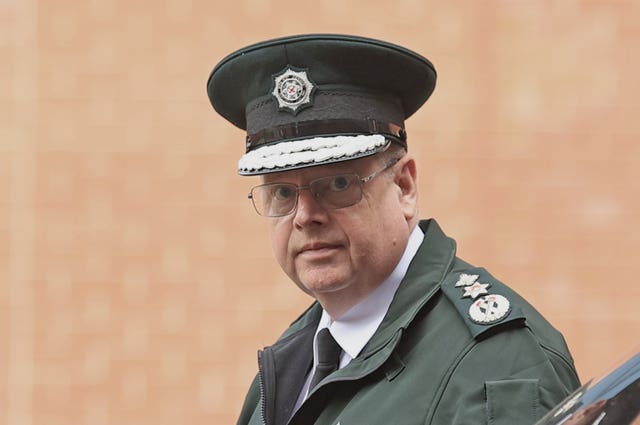An appeal by the Police Service of Northern Ireland (PSNI) against a ruling over the backdating of revised holiday pay rates for police staff has been dismissed by the Supreme Court.
Rule changes introduced a number of years ago mean that regular overtime worked by civil servants, and other additional payments accrued on top of their basic salary, should be factored in when setting their holiday pay rate.
A cap limiting the retrospective claim-back period in the rest of the UK was not replicated by previous Stormont administrations.
An original industrial tribunal ruled in 2018 in favour of a group representing more than 3,700 PSNI officers and civilian staff that they were owed money for a shortfall in holiday pay dating back 20 years.
The Court of Appeal in Northern Ireland upheld that ruling in 2019.
Lawyers have previously estimated the judgment could cost the police £40 million, and potentially pave the way for similar back payment claims worth hundreds of millions of pounds across the public and private sector in Northern Ireland.

Former PSNI chief constable Simon Byrne took the case to the Supreme Court, but delivering a ruling on Wednesday, Lady Rose dismissed the appeal.
She said: “The industrial tribunal held that all of the claimants could rely on the series extension and most, if not all the payments they received, were in a series for that purpose.
“That meant they could claim back over a number of years and not just over the most recent three months.
“The employers unsuccessfully appealed to the Court of Appeal.
“The employers now appeal to the Supreme Court and the Supreme Court unanimously dismisses that appeal.”
Trade union Unison said the judgment could affect workers across the UK.
Head of legal at the union Shantha David said: “The previous interpretation meant workers couldn’t get compensation where a series of similar underpayments had happened three or more months apart.
“The Supreme Court understood here that this could allow some employers to game the system by spacing out holiday payments over more than three months.
“For years, many workers have been denied unfairly the chance to have their legitimate claims heard.
“This judgment ensures they’ll get all the wages they’re rightfully owed.”
